Lip Oil Versus Lip Balm: A Guide to the Top 5 Differences that Influence Your Choice
Lip oils and lip balms essentially serve the same purpose – they help to hydrate, nourish and protect the lips, but they do it in slightly different ways. Lip balm, often available in a stick form, is an occlusive product, meaning it creates a physical barrier between the skin and the environment, preventing moisture loss. It often contains ingredients such as beeswax or petroleum jelly, which provide this shielding effect.
On the other hand, lip oil, which usually comes in a tube or a small bottle with a wand, is more of a treatment and has a similar consistency to a light face oil. The nourishing effect of lip oil comes from its rich mix of hydrating ingredients. These ingredients typically include natural oils like jojoba oil, almond oil, or even rosehip oil which deeply conditions the lips.
However, some formulations of lip oil also include occlusive agents like lanolin or mineral oil to provide the barrier effect. In this sense, using a lip oil could potentially offer dual benefits of treatment and protection. Regardless, it’s important to scrutinize the ingredients list to make sure you are getting the benefits you seek.
The Texture and Consistency
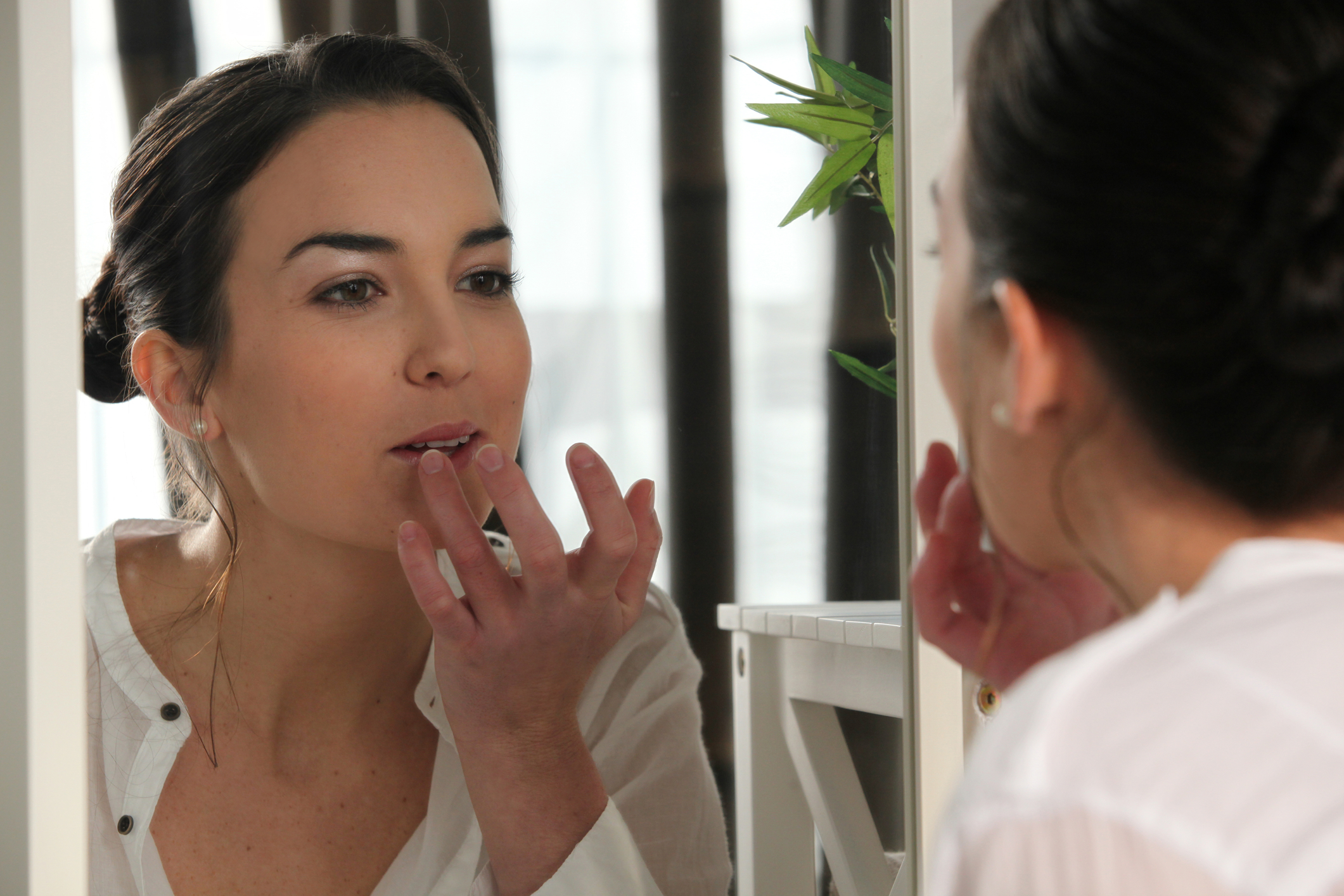
Lip balm usually has a thick, creamy texture that adheres well to the lips. Its emollient nature is because it's primarily conceived to protect and moisturize the lips. Therefore, it generally feels heavy on the lips and might provide a glossy sheen depending on the formulation.
Lip oil, on the other hand, has a more fluid, serums-like consistency that glides onto the lips. The application tends to feel luxurious, thanks to its light, non-sticky texture. A lip oil is ideal for adding a high shine finish to your lips while simultaneously providing hydration. Its consistency may range from a light, almost watery texture to a slightly thicker, gel-like one depending on the specific formulation.
The Finish and Color
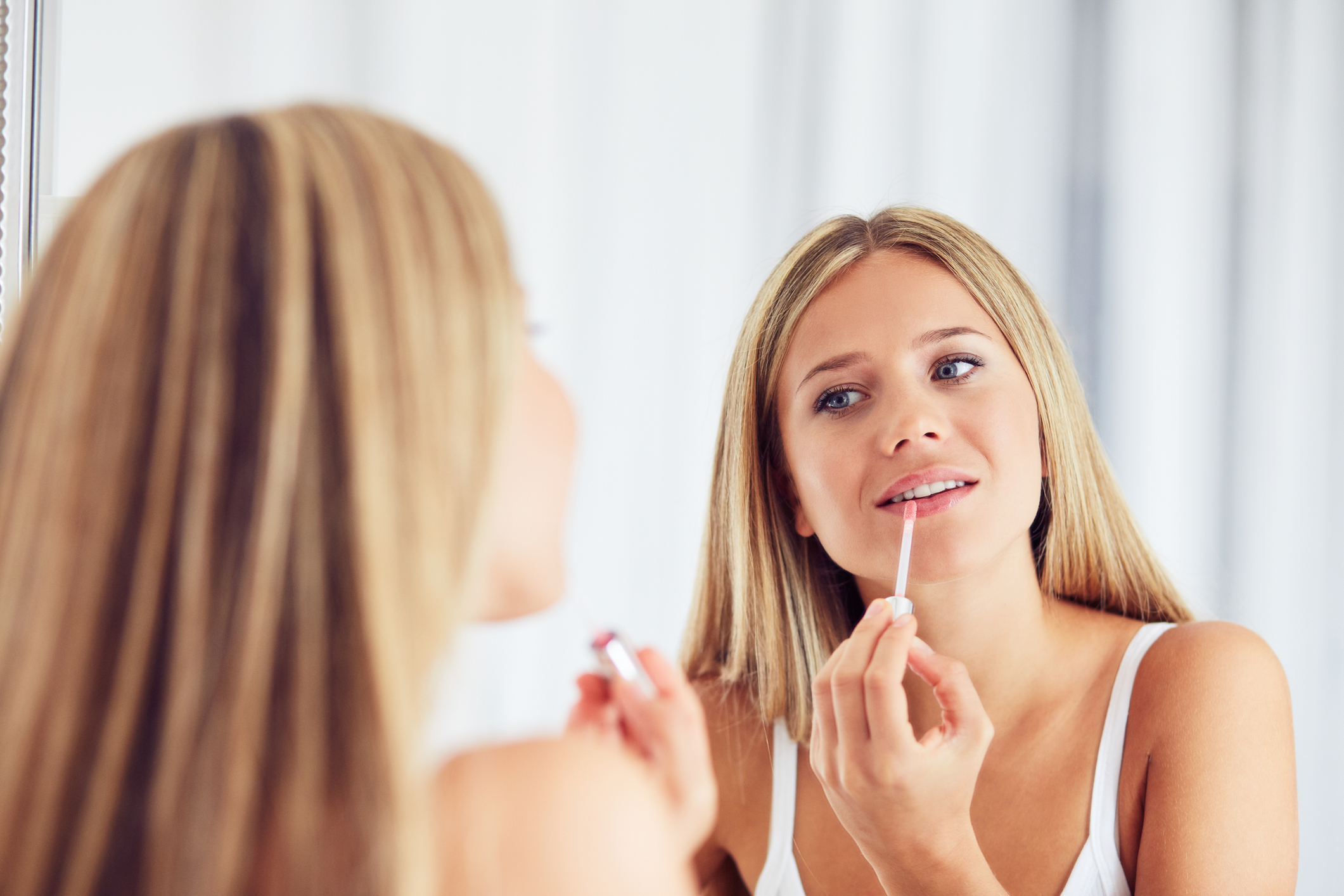
In terms of finish, lip balm usually leaves a satin or matte effect, making it suitable for those who prefer a natural look. It's also available in a variety of hues, from completely transparent to richly pigmented, allowing it to double as a lip color.
Conversely, lip oil often has a glossy finish that gives a plumper, fuller appearance, making it a suitable choice for those who like a more glam look. While some lip oils are clear, others are available in a range of sheer tints that give just a hint of color but a significant shine.
Ingredients and Benefits
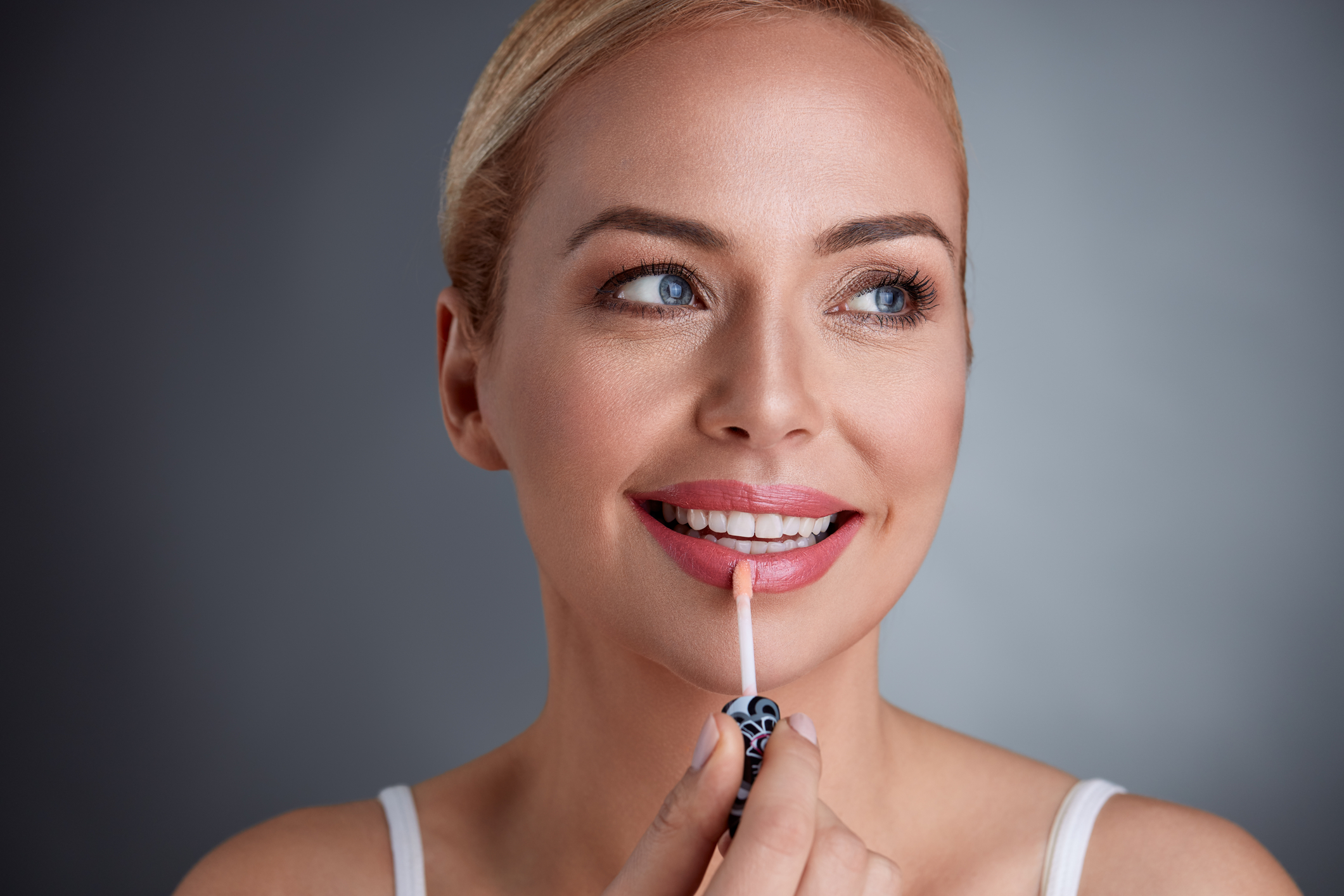
Lip balm typically contains hydrating and moisturizing ingredients like shea butter, cocoa butter, beeswax, vitamin E and sometimes SPF for sun protection. These ingredients help lock in moisture and condition the skin, making lip balms a go-to product for severely dry lips.
Lip oils, however, carry restorative ingredients such as plant-based oils, antioxidants and vitamins. They often offer a broader spectrum of lip care benefits, including conditioning, smoothing, softening and even anti-aging properties. Some lip oils also contain hyaluronic acid or plant-based collagen for plumping effect.
Timing and Usage
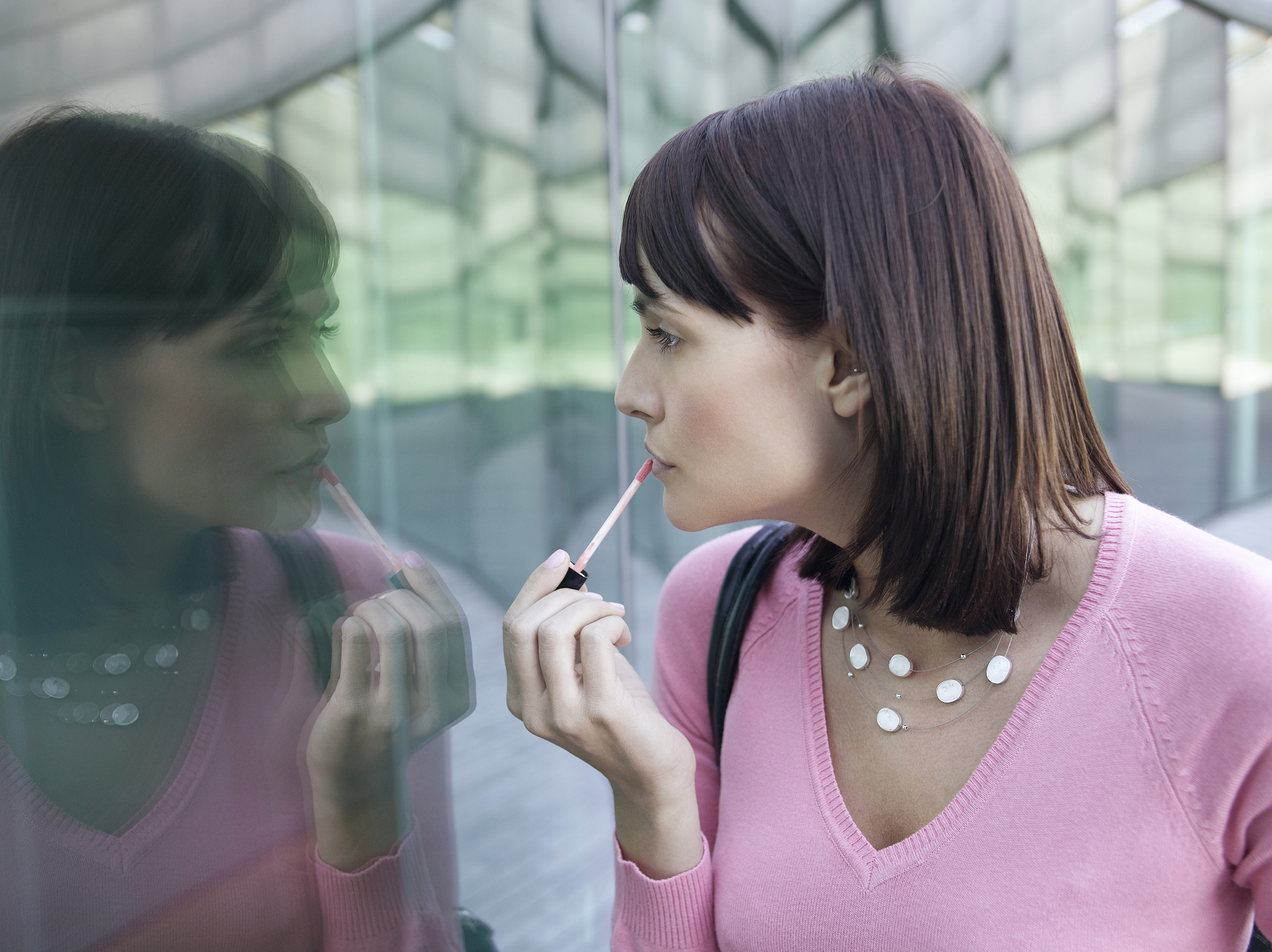
Lip balm is perfect for anytime use, especially under harsh conditions, as it provides an immediate barrier to protect the lips. Most people tend to reach for their lip balm throughout the day, especially during colder or drier seasons. It's also a good base under lipstick for extra moisture.
In contrast, lip oil is great as a part of a nighttime routine or prepping the lips before makeup due to its deeply hydrating property. You might also apply it over your lipstick for a glossy finish or even use it as a stand-alone lip gloss due to its sheer tint and high-shine finish.
Longevity and Reapplication
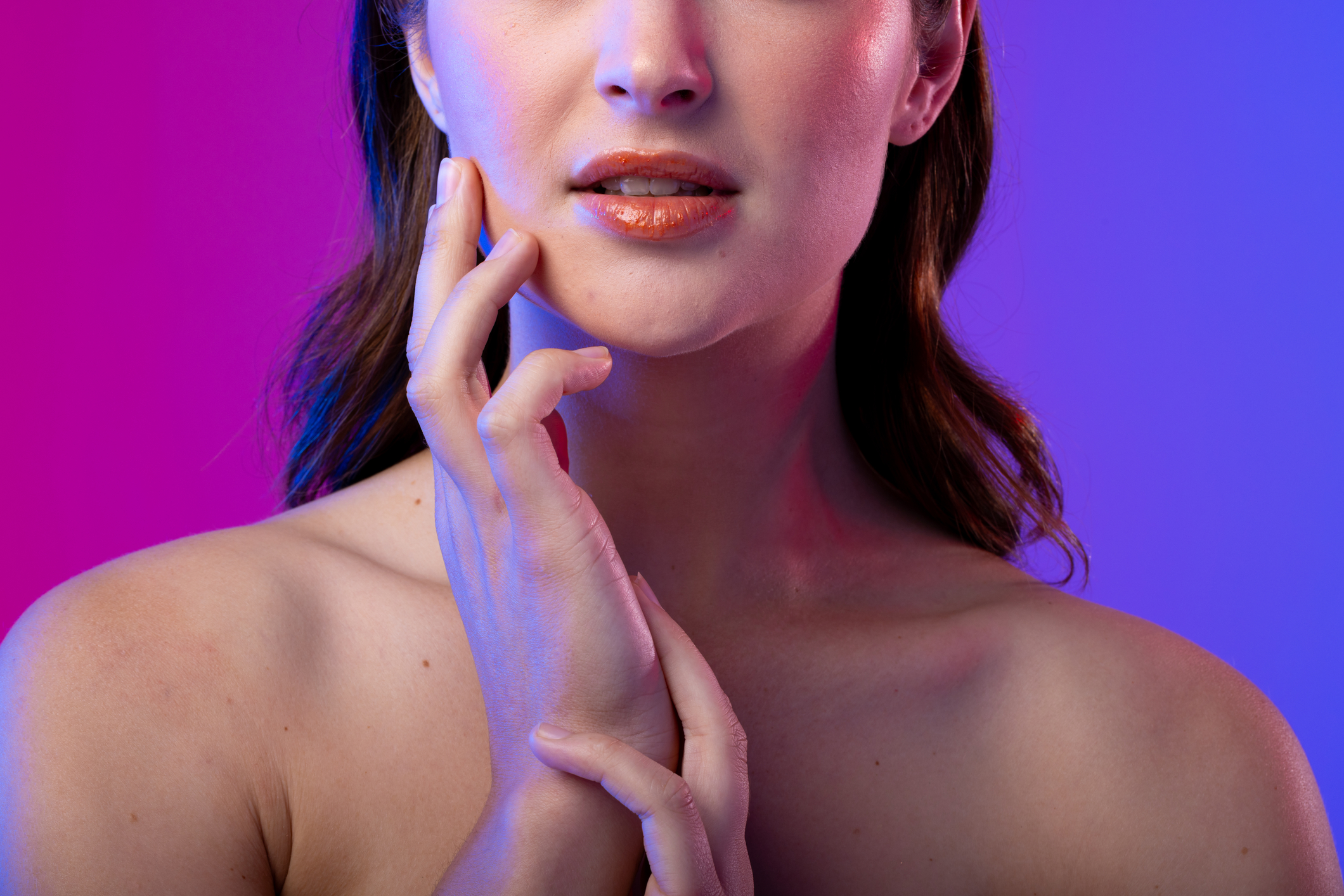
Lip balm, due to its thicker consistency, often stays on longer and requires less frequent application. It's your perfect companion for your outdoor excursions, sports activities or simply when you can't reapply for extended hours.
Lip oils, despite their abundance of hydration, might not last as long and depending on the formulation might need reapplication more frequently. Yet, the feel and finish of lip oil make it a delightful addition, especially when you want to pamper your lips with hydration and add a touch of gloss.